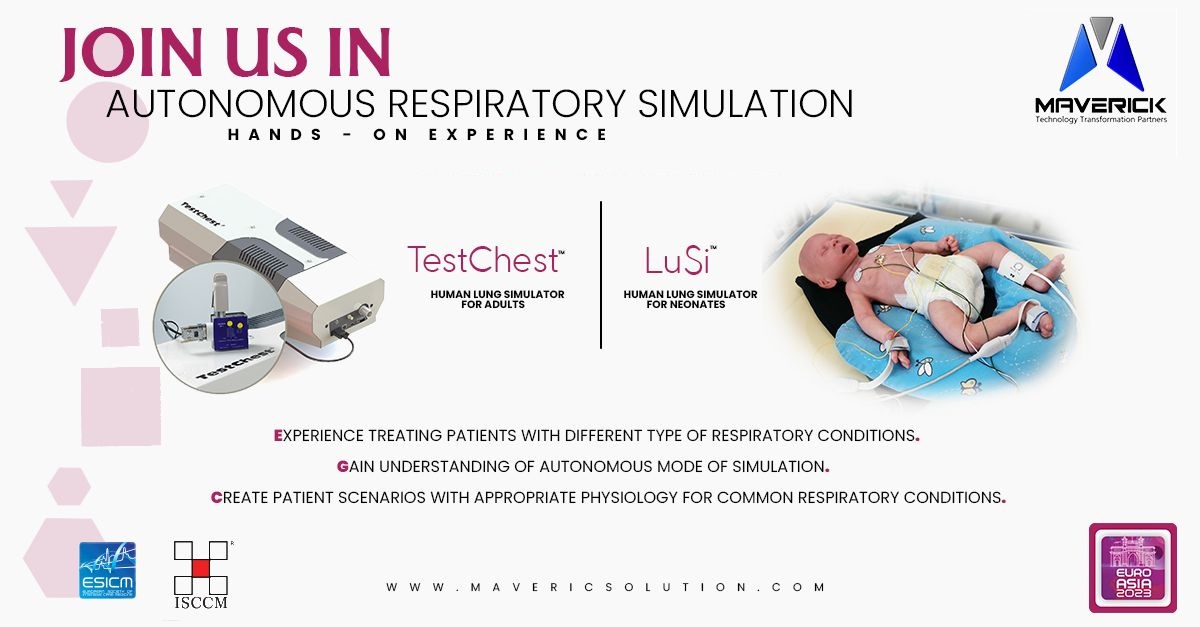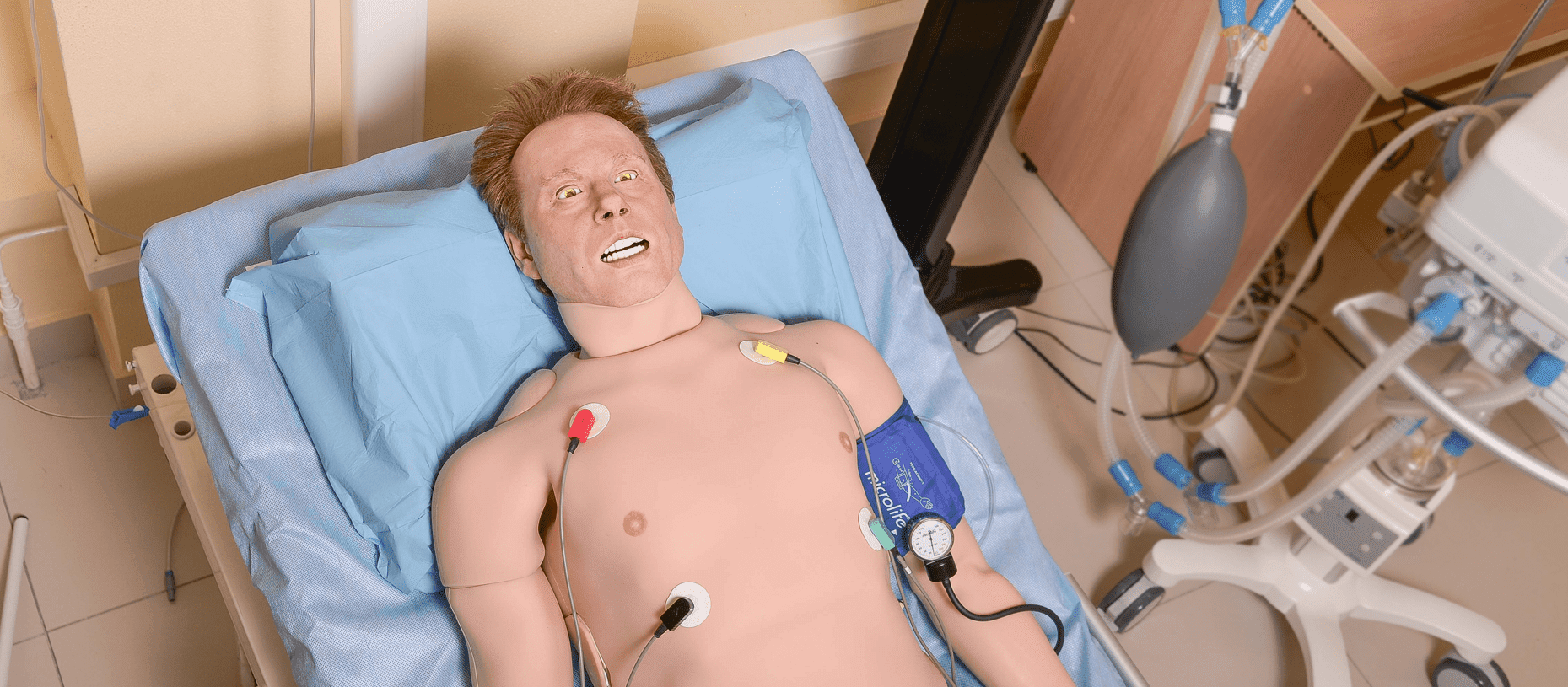Medical Training with Hi-Fidelity Patient Simulators for Trauma, ATLS, ACLS, and Nursing Care
In the ever-evolving world of healthcare, medical simulation technology has become an essential tool for training professionals and improving patient outcomes. Among these advancements, the high-fidelity patient simulator stands out as a groundbreaking innovation in medical education. This advanced tool is designed to replicate real-life medical conditions and scenarios, offering an immersive experience that enhances learning and decision-making skills in critical care settings. Whether it’s for trauma care, Advanced Trauma Life Support (ATLS), Advanced Cardiovascular Life Support (ACLS), or nursing practice, the versatility of these simulators is transforming the way medical professionals are trained. The Role of Hi-Fidelity Patient Simulators in Medical Education Hi-fidelity patient simulators are designed to replicate human anatomy, physiology, and medical conditions with high accuracy. These simulators offer tactile feedback, breathing, heartbeats, and realistic physio...

